University names new dean of the Harold Lloyd Murphy Graduate School
The Toledo, Ohio native joined the nest as a Hornet in 1999, starting as an instructor and eventually becoming a professor, department chair, associate dean, and now in her new role at the university.
March 21, 2021
University administrators at Alabama State University named a new assistant provost and dean for the Harold Lloyd Murphy Graduate School – long-time music educator Caterina Bristol, Ph.D as its new leader.
The Toledo, Ohio native joined the nest as a Hornet in 1999, starting as an instructor and eventually becoming a professor, department chair, associate dean, and now in her new role at the university.
“I like to say that Alabama State chose me,” Bristol said. “The first biography I remember reading as a child was about George Washington Carver, and I think that was a sign of things to come. I have been fortunate to be given great opportunities to create and serve in many different ways here at ASU.”
While growing up in Toledo, she credits her educational and artistic household with her passion for the arts. She became active in the band and all of its many facets, including concert band, jazz band, marching band, and solo/chamber music.
Graduating from Ohio State University with a degree in music, Bristol further pursued her academic career at the University of Northern Colorado to earn her master and doctoral degrees in music and pedagogy.
With such a strong desire for music, numerous accolades, and experiences under her belt, Bristol previously served as the interim dean of the College of Visual and Performing Arts (COVPA), which is now being led by Wendy Coleman, Ph.D.
Bristol credits “O’ Mother Dear” as her inspiration and drive to continue strong after 22 years at the university.
“There is [always] someone on this campus that is breaking through, meeting the challenges set before them, demonstrating excellence, and becoming successful,” she said. “I love watching that happen! That success results from their own efforts and the support that we as a campus provide to one another. It is that community that has sustained ASU for over 150 years and inspires me to give my best every day.”
Now with the title of ‘Dean of Graduate School,’ Bristol has a huge responsibility of working with all of the colleges rather than focusing only on the arts.
“Every day is a moment to learn something new about our wonderful colleges, programs, and university. I am also now expected to be able to speak more broadly about all of the graduate programs, their policies, and procedures.”
Since most classes offered in the graduate school are online due to the coronavirus pandemic, Bristol believes that the classes’ virtual aspect is actually beneficial to students.
“Many of our students are adults, working professionals that desire a flexible schedule, and online courses meet those needs.”
She hopes to find creative ways to grow the existing graduate programs. She is also interested in developing in-demand and new graduate programs in collaboration with the various other academic colleges on campus.
Expectantly by next year, “the history of the graduate programs and the Graduate School should be written by some of the university’s historical experts,” Bristol mentioned.
Though she is proud of her new role as the assistant provost and dean of the Graduate School, she misses teaching.
“I have spent over 22 years in the classroom, and for the first time, that is not my primary responsibility,” she explained. “Somedays, I really miss being in the classroom.”
In 1981, John F. Knight filed a lawsuit declaring Alabama’s higher education system racially discriminatory in several areas, including admissions policies. Bristol wants her legacy to honor this historic Supreme Court ruling that made discrimination unconstitutional.
“It is my hope that I am able to establish a plan for growth and development within the Harold Lloyd Murphy Graduate School and to honor its historical connection to the Knight v. Alabama case.”


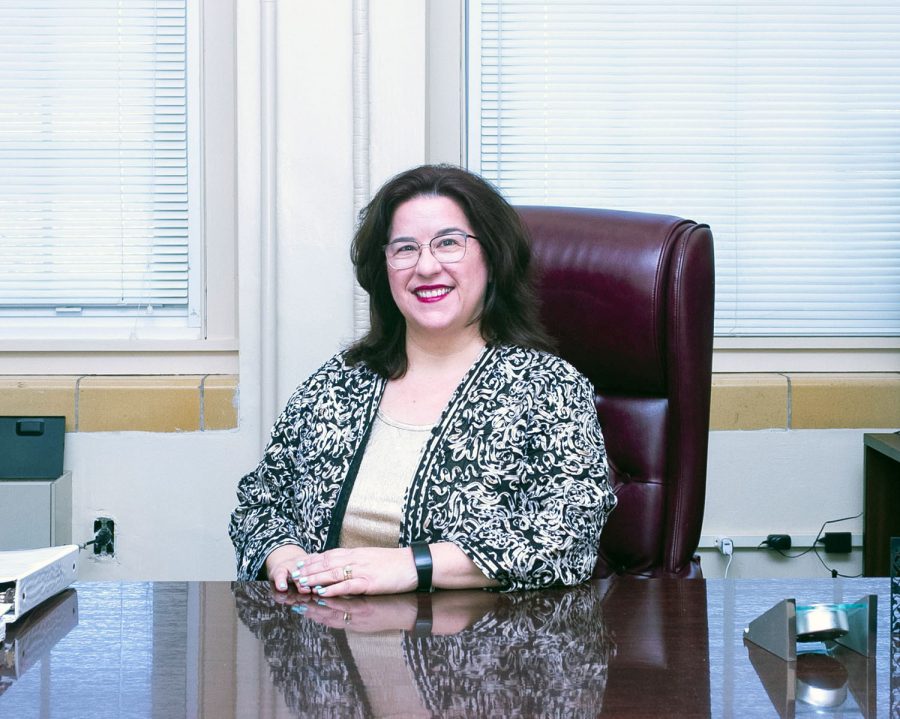
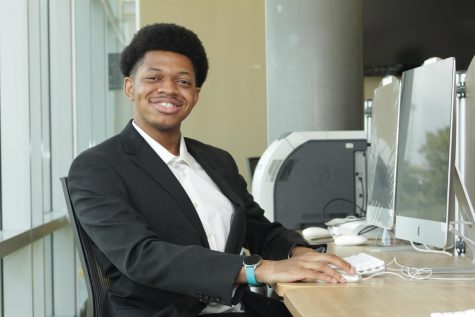





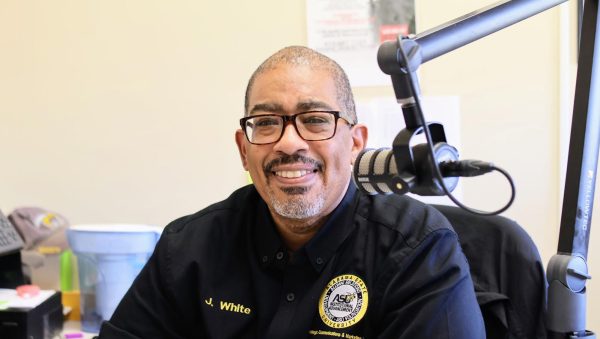
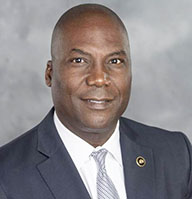
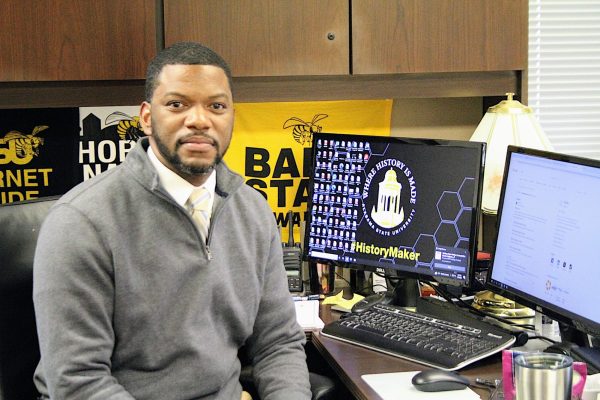
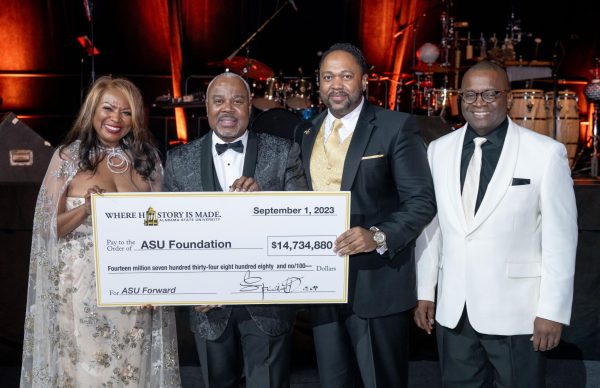
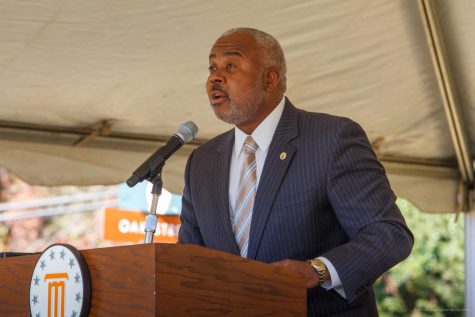
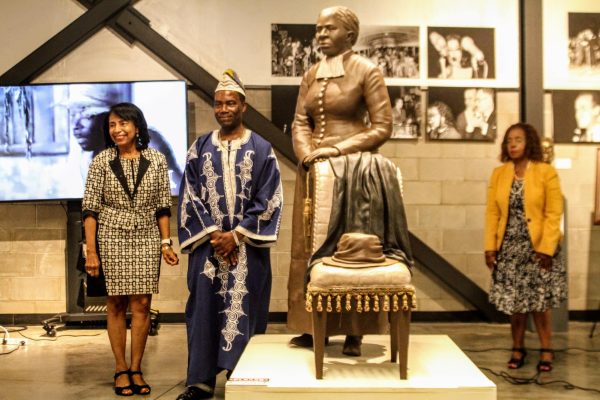
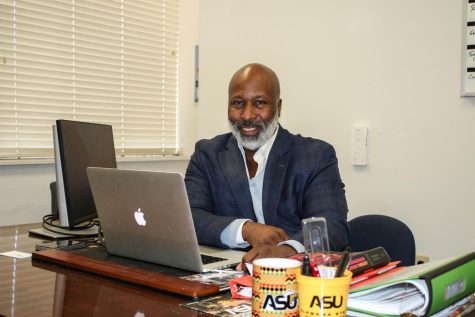
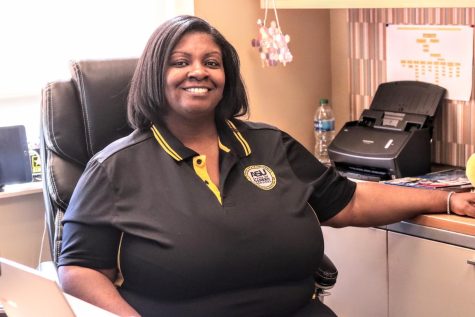
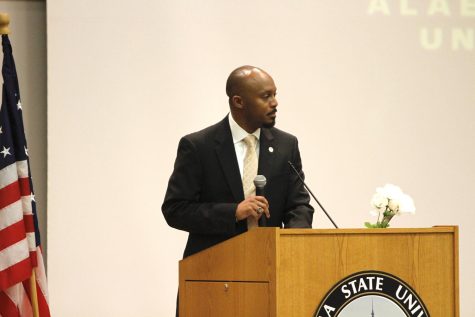
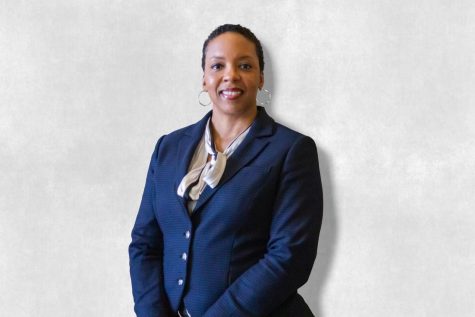
Steven Thompson • Mar 24, 2021 at 12:07 pm
Man, am I ever proud of you! I can hope that you’ll remember us little people who knew you back in the day! Congrats!